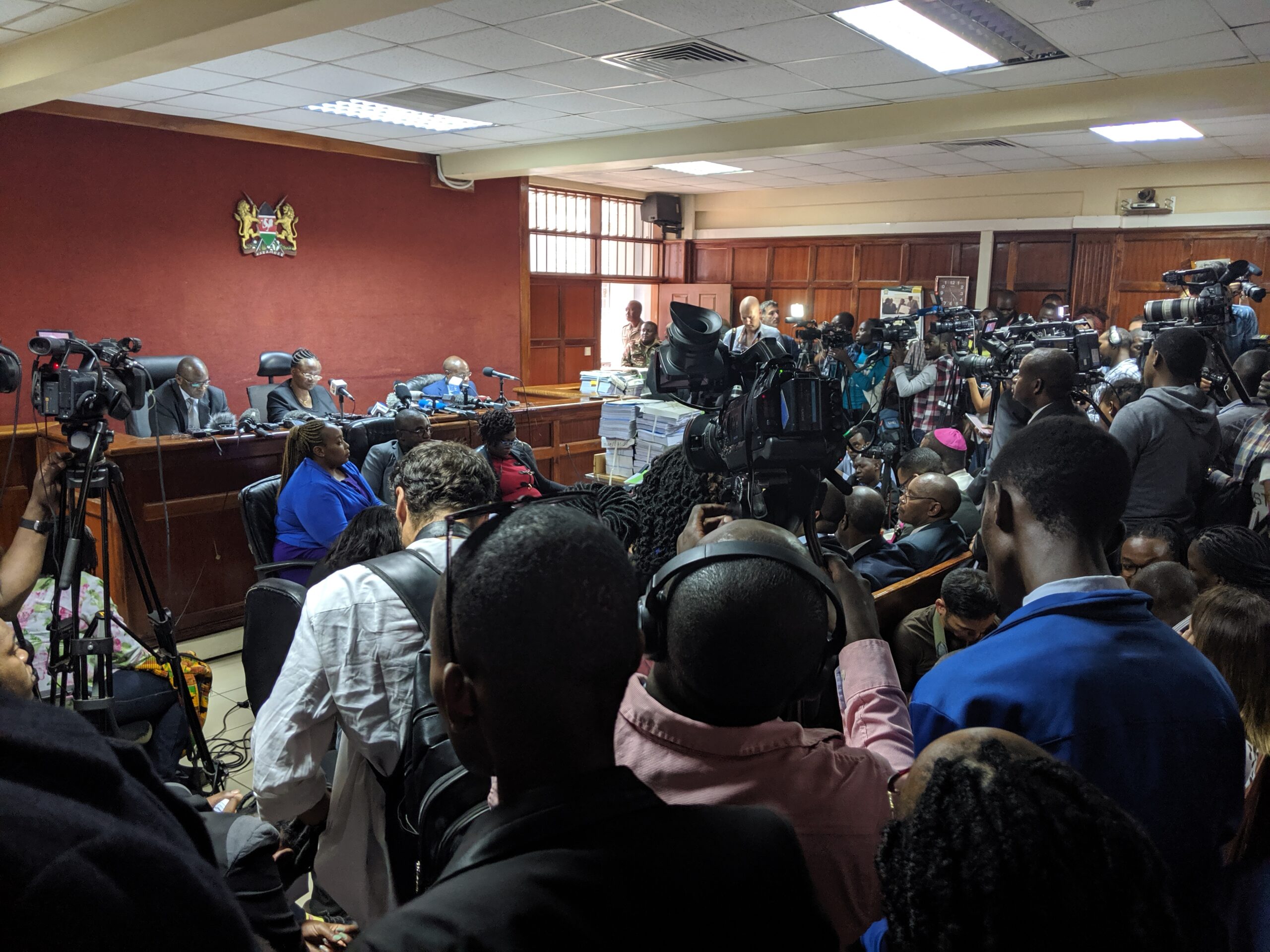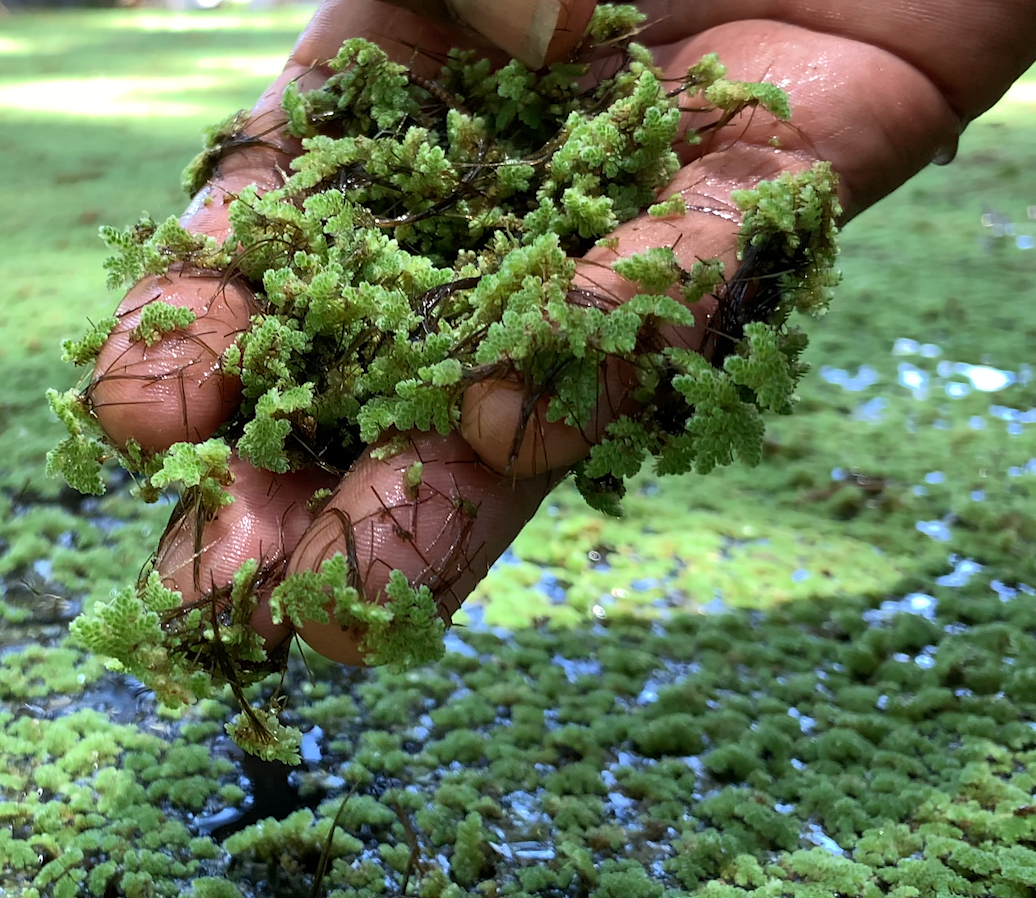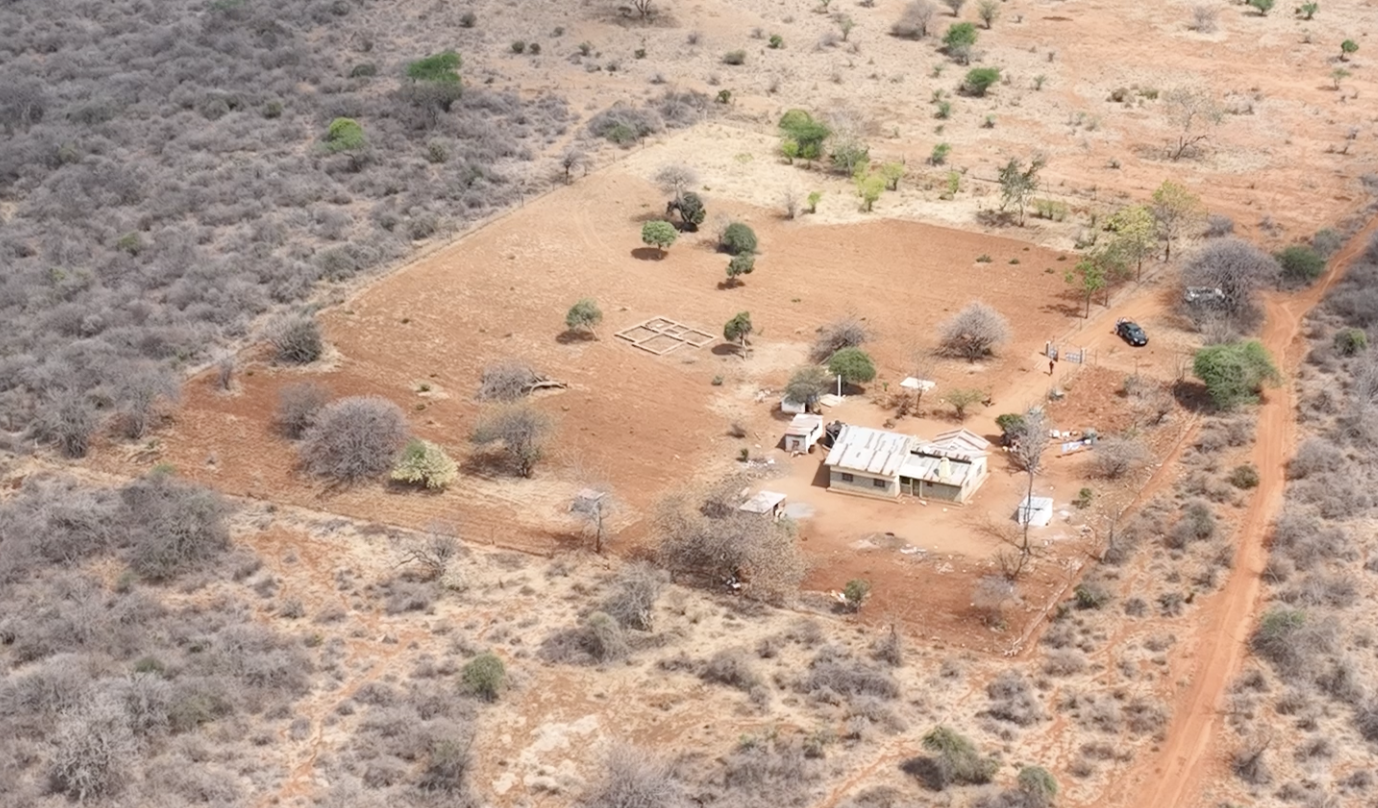
Kenya court upholds ban on same-sex relations

There was a heavy atmosphere at Kenya’s Milimani High Court in Nairobi on Friday, following a court ruling to uphold laws that criminalise homosexuality in the East African country.
The small courtroom was packed with journalists, lawyers, and members of the LGBT community, spilling out into the narrow courthouse corridors as the unanimous ruling was made.
Many in Kenya’s gay community expressed hopes that today would mark a historic moment for the country, with the scrapping of articles 162 and 165 that makes homosexuality illegal. However, these hopes were soon dispelled as the ruling was read out.
The judges affirmed the consitutionality of the laws against homosexuality, claiming that there was insufficient evidence to prove how the laws violated the LGBT community’s right to health, dignity and privacy.
They added that the law was a reflection of Kenya’s societal values.
“Acknowledging cohabitation among people of the same sex, where they would ostensibly be able to have same-sex intercourse, would indirectly open the door for (marriage) of people of the same sex,” said the judgment read in part by Justice Roselyn Aburili.
She went on to claim that same-sex couples living together would be violating the constitution and that there was no scientific proof LGBT people were “born that way”.

Friday’s judgment stems from a 2016 petition which argues that Kenya’s penal code discriminates directly against the LGBT community and therefore went against the country’s 2010 constitution.
Kenya is one of 32 countries in Africa where homosexuality is banned, with a penal code that criminalizes “carnal knowledge against the order of nature.” Anyone found engaging in same-sex relationships could face up to 14 years in prison.
The law has been in place since the British colonized Kenya in the late 19th century.
“These old colonial laws lead to the LGBT community suffering violence, blackmail, harassment and torture,” the Nairobi-based National Gay & Lesbian Human Rights Commission said after the decision was announced.
For many members of the LGBT community in Kenya, daily life includes the pervasive risk of being subjected to discrimination and even physical attacks as a result of their sexual orientation. Most victims are too fearful to go to the police, rights groups say.
According to LGBT rights activists, the laws can also make it harder for those in the LGBT community to get a job or promotion, rent housing or access health and education services.
“I came all the way from my country, hoping that Kenya would be different, but what the court came out with today put me down and I am afraid of where to go,” said Jordan Zeus, a transgender man from Uganda.
“I came to seek protection here but I am scared for my life, I don’t know if I will survive. The judges have shown us we are not allowed here, we are illegal.”

The court attendees also included lawyers and national organisations who were in full support of the ruling.
“The people of Kenya are happy that the courts have not been misused to try and introduce laws that the majority of Kenyans and their institutions are opposed to,” said Charles Kanjama, the lawyer of the Kenyan Christian Professionals Forum, who was in opposition of the petition.
However, while the petition has been denied and the laws deemed constitutional, outside the court house many LGBT activists and allies made it clear that the fight was far from over.
“Even if they denied us the opportunity we will still fight. Because we are here and we are queer,” said a member of an LGBT rights group in Kenya, who asked not to be named for fear of retribution.
“We are not going to stop until it is over.”






